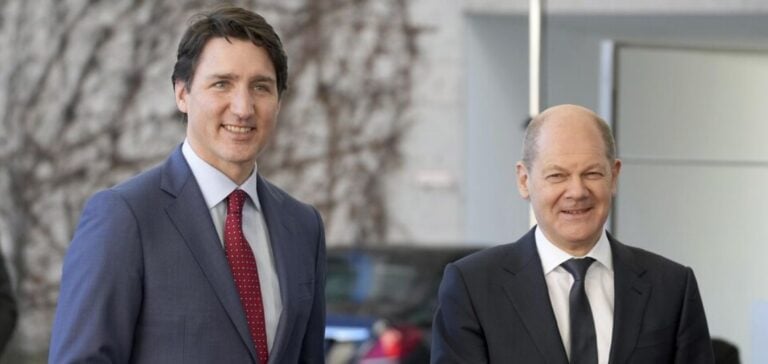Canadian Energy Minister Jonathan Wilkinson and German Economics Minister Robert Habeck signed a memorandum of understanding on Monday. The protocol aims to accelerate commercial-scale hydrogen trade between the two countries, secure early access for Canadianclean hydrogen producers tothe German market, and reinforce both nations’ efforts to combat climate change and improve energy security.
Creation of a Canada-Germany bilateral window
Under this agreement, Canada and Germany will collaborate to create a special channel, the Canada-Germany Bilateral Window. Managed by the German H2Global Foundation, this initiative aims to connect Canadian hydrogen producers with German buyers in the industrial and energy sectors, facilitating transactions for the export of Canadian clean hydrogen and its products to Germany.
Expansion of the H2Global auction financing model
The German Ministry of Economic Affairs explained that the aim of the memorandum is to expand the H2Global auction financing model, initially launched in Germany, with a financial contribution from the Canadian government. This follows the formation of a German-Canadian alliance in August 2022, including plans by German energy companies E.on SE and Uniper SE to import green ammonia from Canada.
Progress in the development of green hydrogen projects
Since the signing of the alliance, several green hydrogen export projects have been announced in Canada, in addition to new partnerships between Germany and Canadian provinces, ports and companies, underlining the significant progress in the renewable hydrogen sector.
Robert Habeck welcomed the development of several renewable hydrogen and ammonia projects in Canada. He emphasized that the H2-Global joint funding window could play a crucial role in narrowing the price gap, thereby encouraging the development of hydrogen production capacity to increase its availability on the market.






















